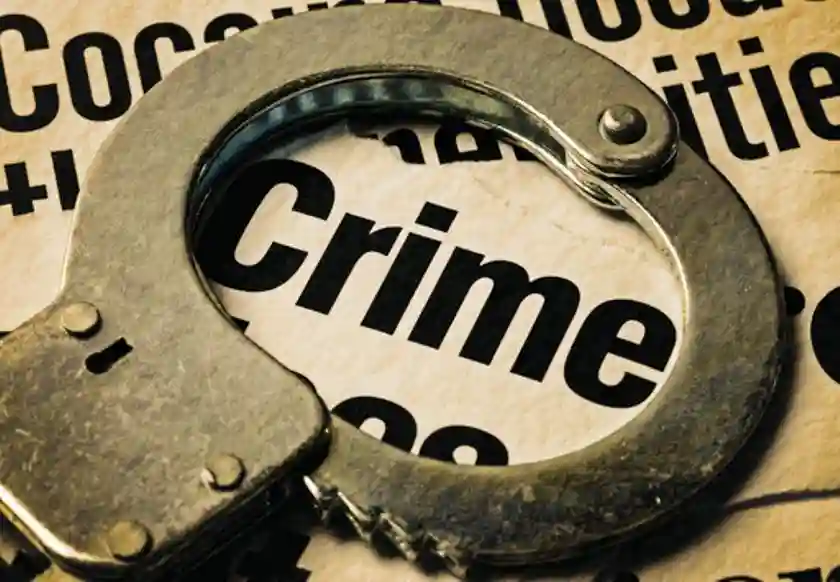A man named Sylvester Marima, who resides in Block 2 of Mbare Flats in Harare, Zimbabwe, has been convicted and handed a 10-year prison sentence at Chikurubi Maximum Security Prison for the theft of armoured cables owned by the Zimbabwe Electricity Transmission and Distribution Company (ZETDC). The trial took place before Harare magistrate Ruth Moyo, with Tofara Chimbambo representing ZETDC during the proceedings. ZETDC is a subsidiary of ZESA Holdings.
What happened:
According to the prosecutor, Mandy Chigumira, the incident occurred on December 9, 2023. Marima took advantage of the absence of people on the ZETDC premises and illicitly gained access by forcibly opening a backdoor using an unidentified object.
Once inside, Marima caused damage to 15 core armoured cables that were positioned from the ceiling to the Zesa distribution board box. Additionally, it was revealed that he deliberately set fire to the cables to extract the valuable copper they contained.
The crime was brought to light by Taurai Mangombe, a nearby mechanic who noticed smoke emanating from the ZETDC premises. Curious, he decided to investigate the source of the smoke. To his surprise, Mangombe discovered Marima and his unidentified accomplices burning the stolen cables.
Promptly, Mangombe contacted the CID Minerals, Fauna, and Flora Unit detectives, leading to Marima’s subsequent arrest. Although the burned armoured cables were recovered by the police, Marima’s accomplices managed to flee the scene upon realising the presence of the law enforcement officers.
Chimbambo, the ZETDC loss control officer, was summoned to verify that the confiscated property belonged to the power company, confirming its ownership.
Marima initially denied the charges but was ultimately found guilty after the trial, resulting in a 10-year imprisonment at Chikurubi Maximum Security Prison.
Copper cable theft is a significant issue in Zimbabwe and South Africa. It particularly affects organizations like ZESA, TelOne, and the National Railways of Zimbabwe. The theft has negatively affected the provision of essential services such as internet and electricity. Thieves steal these cables and then sell them in South Africa, where they are further sold to countries abroad.

